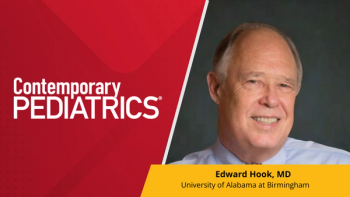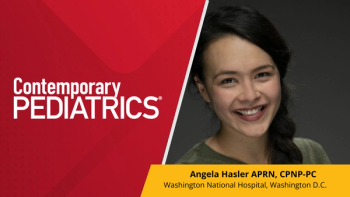
Preparing your office for emergencies-the psychosocial kind
Office preparedness for pediatric emergencies is assumed in the training, certification, and continual vigilance that defines a proficient practice. Yes, you're confident in your traditional medical skills-but what about when a psychosocial crisis arises?
Most conditions that pediatricians encounter daily are, fortunately, less emergent; instead, children with colds, contusions, and colic fill our waiting room. Less visible in these children are the myriad internal conditions made worse by poverty, inequitable education, substandard housing, and malnutrition.
An online search that I recently undertook for "office preparedness for pediatric emergencies" registered 264,000 hits. A second search-this time, for "office preparedness for psychosocial emergencies" yielded fewer than 10 hits.
An ideal office encounter begins the moment a family walks into your office. With appropriate signage, and accessible advocacy brochures, families should sense that your office cares about both their health needs and social needs.
As they proceed to registration, your staff should be empathetic and trained to be alert for "at-risk families." These families are one of the 8.3 million children without health insurance2 and are "self pay." They are families that recently moved to escape violence in the home, unsafe living conditions, or new foster care. They are the families with numerous "no shows" that might be an indication of neglect or being overwhelmed. They are the one in 3 million children with parents who have recently immigrated.3 They are families in need.
Newsletter
Access practical, evidence-based guidance to support better care for our youngest patients. Join our email list for the latest clinical updates.








